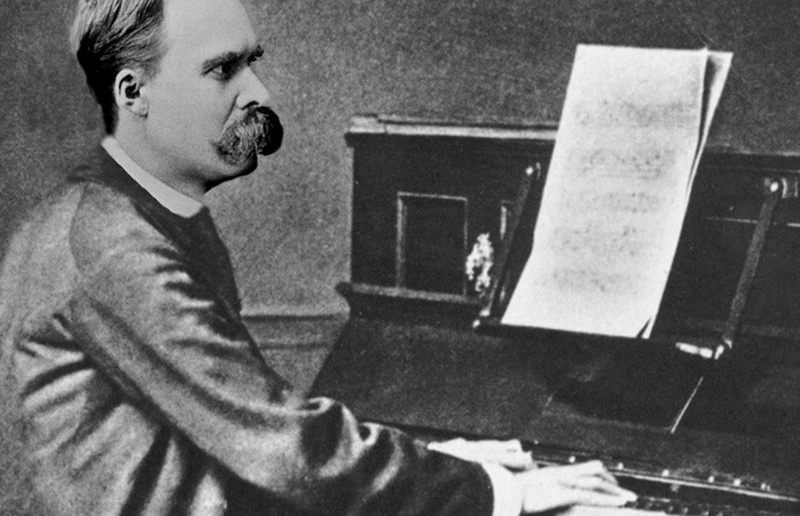Music
The misinterpreted-effort hypothesis
This is an interesting study nicely summarized in The Bulletproof Musician.
Learners exposed to two different study methods - blocked vs interleaved practice - preferred the blocked practice method, a learning method known to be less effective. Rather than attribute it to laziness, the authors of the study hypothesized that learner’s simply don’t know what method of practice (study) is more effective so that interpret the more difficult method (interleaved) as being harder.
Managing classical music collections in iTunes in 2018
Nietzsche and the sublime purposeless of music
I have always been troubled in some ill-defined way by articles that assert the benefits of music in some tangible way. For example, kids with music training do better at math. (I don’t if that’s true or not; but you get the style of what I’m talking about.) The unwritten inference is something like this: “No one but a fool or the spectacularly talented would regard music as an economically-valid life path; but math might be. So have your kids play music so they will make good grades and get into an Ivy League school.”
